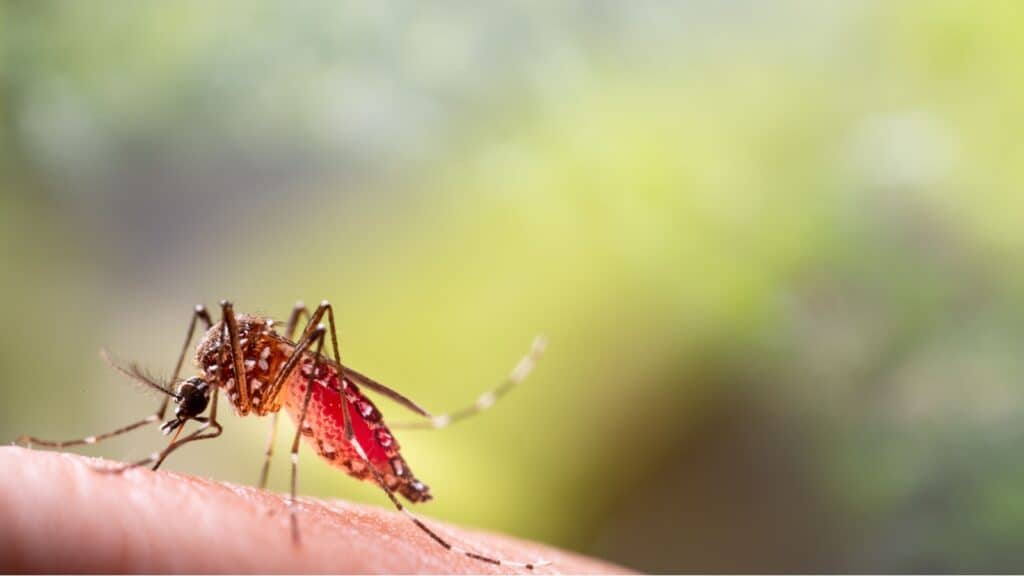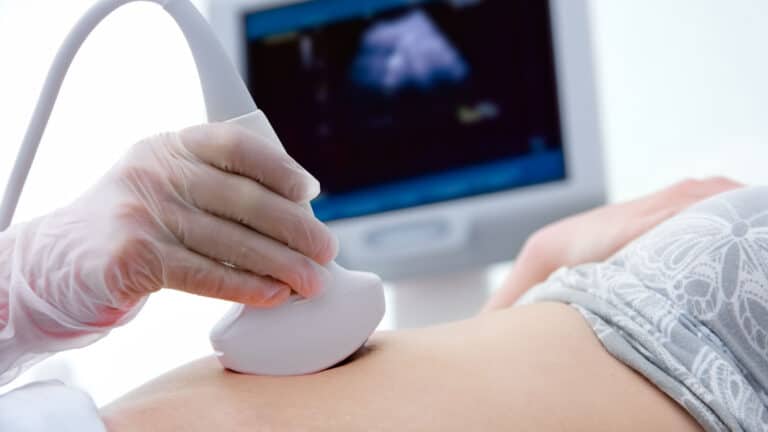Colorectal Cancer Rising Among Millennials and Gen Z: 5 Essential Ways to Protect Yourself
Colorectal cancer, once considered a disease predominantly affecting older adults, is increasingly being diagnosed in people under 50. This alarming trend has significant implications for Millennials and Gen Z. We explore the factors contributing to this rise and provide five crucial strategies to safeguard your health.
Understanding the Surge in Young-Onset Colorectal Cancer

Recent studies have shown a steady increase in colorectal cancer cases among younger populations. Factors such as diet, lifestyle, genetics, and environmental exposures are being investigated to understand this shift.
Key Statistics

- Increase in Cases: Since the mid-1990s, there has been a 50% increase in colorectal cancer cases among people under 50.
- Projected Trends: By 2030, cases in people aged 20-34 are expected to nearly double.
- Mortality Rates: Colorectal cancer is now one of the leading causes of cancer-related deaths in young adults.
Rising Incidence Rates

Recent studies have revealed a significant uptick in colorectal cancer cases among young adults and even teenagers. Between 1999 and 2020, there was a staggering 333% increase in CRC rates among 15- to 19-year-olds and a 185% increase among 20- to 24-year-olds. Even more alarmingly, children aged 10-14 saw a 500% increase in CRC rates during the same period. While these percentage increases are striking, it’s important to note that the absolute numbers remain relatively low compared to older age groups. For instance, the incidence rate for 15- to 19-year-olds rose from 0.3 per 100,000 in 1999 to 1.3 per 100,000 in 2020.
Shifting Demographics

The changing landscape of colorectal cancer is evident in the demographics of those affected. Millennials (born between 1981-1996) now face twice the risk of developing CRC compared to those born in 1950. By 2019, one in five CRC diagnoses was in individuals under 55 years old, up from just 11% in 1995.
The Role of Diet and Lifestyle

Diet and lifestyle choices play a significant role in colorectal cancer risk. High consumption of processed foods, red meat, and sugary beverages are linked to increased risk.
Risk Factors

- Processed Foods: Diets high in processed meats and refined grains.
- Sugar Intake: Excessive consumption of sugary drinks and snacks.
- Sedentary Lifestyle: Lack of physical activity contributes to obesity, a known risk factor.
- Alcohol and Smoking: Both are established risk factors for colorectal cancer.
Recognizing the Signs and Symptoms

Early detection is crucial for successful treatment. Awareness of the signs and symptoms can lead to earlier diagnosis and better outcomes.
Common Symptoms

- Blood in Stool: May appear bright red or dark.
- Changes in Bowel Habits: Persistent constipation or diarrhea.
- Abdominal Discomfort: Cramps, gas, or pain.
- Unexplained Weight Loss: Sudden loss without changes in diet or exercise.
- Fatigue and Weakness: Due to anemia from blood loss.
5 Essential Strategies to Protect Yourself

Learn these 5 steps to take:
1. Know the Early Warning Signs

Being vigilant about the symptoms can lead to early detection.
- Monitor any changes in bowel habits.
- Do not ignore blood in the stool.
- Consult a healthcare professional if symptoms persist.
2. Get Screened Starting at Age 45

The American Cancer Society recommends that average-risk adults begin regular screening at 45.
- Colonoscopy: Recommended every 10 years if no issues are found.
- Stool Tests: Non-invasive tests like FIT or Cologuard done annually or as recommended.
- Higher Risk Individuals: Those with a family history may need to start earlier.
3. Understand Your Family Medical History

A family history of colorectal cancer increases your risk.
- Discuss any occurrences of polyps or cancer with relatives.
- Inform your doctor about your family’s medical history.
- Genetic counseling may be advised for some individuals.
4. Adopt a Healthy Lifestyle

Lifestyle modifications can significantly reduce risk.
- Dietary Changes: Increase intake of fruits, vegetables, and whole grains. Reduce consumption of red and processed meats.
- Regular Exercise: Aim for at least 150 minutes of moderate activity per week.
- Maintain a Healthy Weight: Obesity is a known risk factor.
- Limit Alcohol and Quit Smoking: Both increase colorectal cancer risk.
5. Choose the Right Screening Option for You

Various screening methods are available.
- Colonoscopy: Gold standard for detection and removal of polyps.
- Flexible Sigmoidoscopy: Examines the lower part of the colon.
- CT Colonography: A virtual colonoscopy using imaging technology.
- Stool-Based Tests: Detect blood or DNA markers in stool.
Discuss with your healthcare provider to determine the best option based on your risk factors and preferences.
The Importance of Early Detection

Early-stage colorectal cancer has a 90% five-year survival rate. Regular screening can detect precancerous polyps, allowing for removal before they develop into cancer.
Take Action Today

- Don’t Delay Screening: If you’re 45 or older, schedule a screening.
- Listen to Your Body: Report any unusual symptoms to your doctor promptly.
- Spread Awareness: Share information with friends and family to promote early detection.
Additional Resources

Your health is in your hands. Stay informed, stay vigilant, and encourage others to do the same.
Conclusion

The rise of colorectal cancer among young adults is a concerning trend. However, by recognizing symptoms, understanding personal risk, making healthy lifestyle choices, and adhering to screening recommendations, we can take proactive steps to protect ourselves.
Think You Can Drive High? Here’s What THC Does to Your Driving Skills

Driving under the influence of THC (tetrahydrocannabinol), the psychoactive component in cannabis, has become a growing concern as marijuana legalization spreads. While both THC and alcohol impair driving abilities, they do so in distinct ways, with THC affecting attention, reaction time, and motor coordination. As reported by CNN, marijuana-related traffic accidents requiring emergency room treatment rose significantly following legalization in Canada, highlighting the importance of understanding THC’s impact on road safety and developing effective measures to reduce impaired driving risks.
READ: Think You Can Drive High? Here’s What THC Does to Your Driving Skills
Can The Human Body Adapt To The Rising Heat? And What Are We Doing If We Can’t?

As climate change intensifies, the human body’s ability to adapt to rising temperatures is becoming a critical concern. According to Dr. Camilo Mora, an expert on heat’s effects on human physiology, “The human body has remarkable adaptability to heat, but there are limits to how much we can physiologically adapt to rising temperatures due to climate change.” This introduction explores the extent of our physiological adaptations, the challenges we face as global temperatures climb, and the potential consequences if our bodies fail to keep pace with environmental changes.
READ: Can The Human Body Adapt To The Rising Heat? And What Are We Doing If We Can’t?
Why Do Mosquitos Seem To Like Me So Much, and What Can I Do About It?

Have you ever wondered why mosquitoes seem to prefer biting some people over others? Understanding the reasons behind this can help in mitigating their impact. Mosquitoes are attracted to certain individuals due to factors like body odor, carbon dioxide, and body heat. These pests are not just annoying; they can also carry dangerous diseases such as malaria, dengue fever, and Zika virus. In this article, we explore why mosquitoes are drawn to specific people, the health risks they pose, and effective strategies to protect yourself from their bites.
READ: Why Do Mosquitos Seem To Like Me So Much, and What Can I Do About It?
Is There A Link Between Being A ‘Good Girl’ And Autoimmune Disease In Women?

Women Rising®, an 11x award-winning women’s empowerment and media company founded by autoimmune-diagnosed, 15x award-winning documentary filmmaker, Sara Hirsh Bordo, recently released findings from Autoimmunity and the “Good Girls” ™ the first-ever sociological survey exploring the intersection between empowerment and autoimmunity in American women. READ: Is There A Link Between Being A ‘Good Girl’ And Autoimmune Disease In Women?
Join Us

Join us on this empowering journey as we explore, celebrate, and elevate “her story.” The Queen Zone is not just a platform; it’s a community where women from all walks of life can come together, share their experiences, and inspire one another. Welcome to a space where the female experience takes center stage. Sign up for our newsletter so you don’t miss a thing, Queen!







